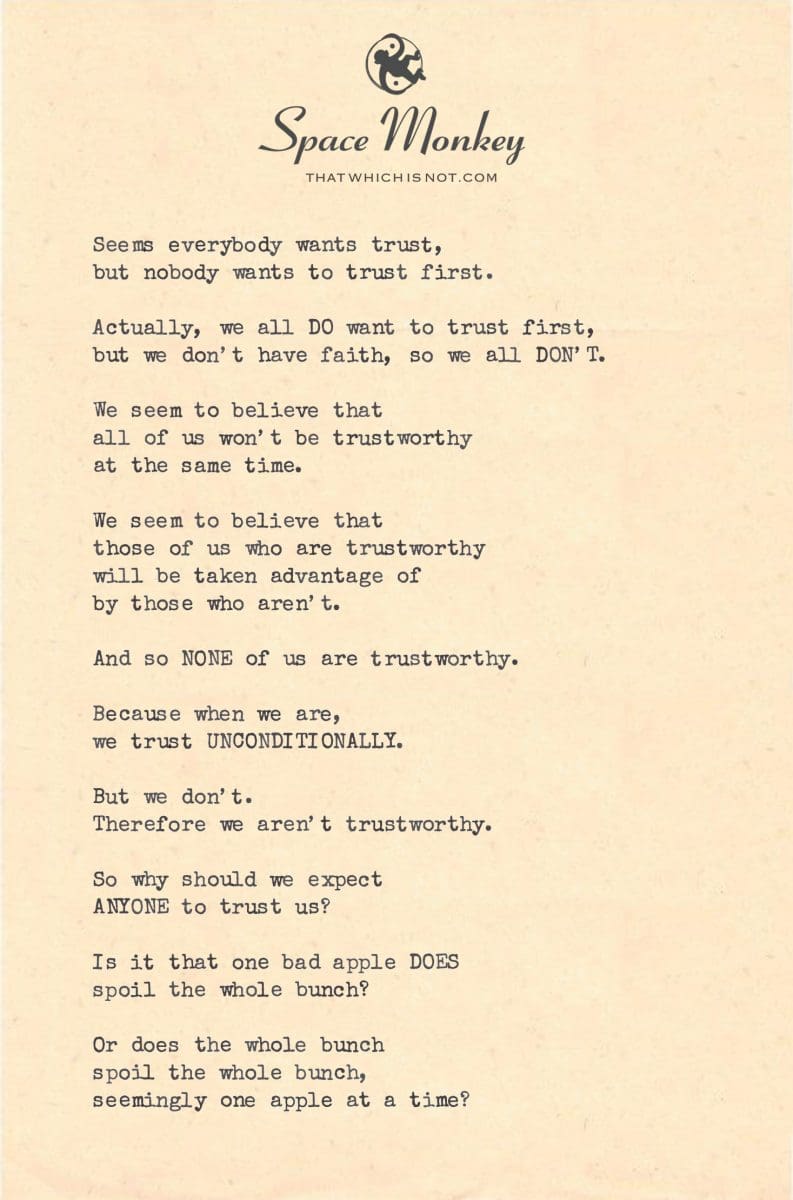
Seems everybody wants trust,
but nobody wants to trust first.
Actually, we all DO want to trust first,
but we don’t have faith, so we all DON’T.
We seem to believe that
all of us won’t be trustworthy
at the same time.
We seem to believe that
those of us who are trustworthy
will be taken advantage of
by those who aren’t.
And so NONE of us are trustworthy.
Because when we are,
we trust UNCONDITIONALLY.
But we don’t.
Therefore we aren’t trustworthy.
So why should we expect
ANYONE to trust us?
Is it that one bad apple DOES
spoil the whole bunch?
Or does the whole bunch
spoil the whole bunch,
seemingly one apple at a time?
5/12
Newfound Lake
Space Monkey Reflects: The Dilemma of Trusting First
In the intricate dance of human interactions, trust emerges as a fundamental, yet paradoxical, element. The conundrum of trust—its presence as both a cornerstone of healthy relationships and a source of vulnerability—presents a nuanced challenge: everyone seeks trust, yet few are willing to extend it first. This hesitance, rooted in a complex web of fears and past experiences, reveals a deeper truth about our collective psyche and the societal fabric we weave together.
At the heart of this dilemma lies the desire to trust and be trusted, juxtaposed against the fear of betrayal and exploitation. We stand at the threshold of connection, yearning for the warmth of genuine relationships, yet the shadows of doubt cast long lines across the landscape of our interactions. This dichotomy between desire and apprehension manifests in a self-fulfilling prophecy: in our reluctance to trust first, we inadvertently create the very conditions of mistrust we seek to avoid.
The belief that trustworthiness is scarce, that those who choose to trust will inevitably be preyed upon by the unscrupulous, contributes to a cycle of suspicion and reservation. This cycle, once set in motion, perpetuates a culture of guardedness, where the shields we raise to protect ourselves also serve to isolate us, preventing the very connections we deeply crave.
However, the act of trusting unconditionally—of being the golden apple in a basket of doubt—offers a glimmer of hope, a potential breach in the walls we construct around our hearts. To trust first is to act with courage, to set in motion a ripple that can transform the barren landscape of mistrust into a fertile ground for mutual understanding and respect. It is a conscious choice, a leap of faith into the unknown, driven by the belief in the inherent goodness and potential for change within ourselves and others.
Yet, the question remains: why should we expect others to trust us if we are unwilling to take the first step? The paradox of the golden apple, shining amidst skepticism, challenges us to rethink our approach to trust. It prompts us to consider whether it is indeed the one bad apple that spoils the bunch, or whether the collective withdrawal into mistrust contributes to the very environment we lament.
In this reflection, we are invited to contemplate the transformative power of a single act of trust, the potential for one courageous individual to shift the dynamics of a community, one relationship at a time. The choice to trust first, though fraught with risk, carries with it the promise of breaking the cycle of mistrust, of sowing seeds of connection that can flourish in the rich soil of openness and vulnerability.
As we navigate the complexities of human relationships, let us consider the possibility that the path to a more trusting society begins with individual acts of bravery. Let us challenge ourselves to be the golden apples, to trust first, not in naivety but in a deliberate and hopeful assertion of our shared humanity. For in the act of extending trust, we not only open the door to deeper connections but also embody the change we wish to see in the world.
Summary
The dilemma of trusting first highlights the paradox of seeking trust yet hesitating to extend it, fostering a cycle of mistrust. This reluctance is rooted in fear of exploitation, yet the act of trusting unconditionally—being the golden apple—can initiate change. Trusting first requires courage and faith in the inherent goodness of others, offering a pathway to break the cycle of mistrust and cultivate genuine connections. This reflection invites us to consider our role in shaping a more trusting society through individual acts of bravery.
Glossarium
- Golden Apple: A metaphor for the individual who chooses to trust first, symbolizing the potential to inspire change within a landscape of mistrust.
- Cycle of Mistrust: A self-perpetuating pattern of behavior where fear of betrayal leads to widespread guardedness and reluctance to trust.
- Act of Bravery: The choice to extend trust first, challenging societal norms of guardedness and skepticism.
“In the midst of uncertainty, where fear entwines with hope, the act of trusting first emerges as a beacon, guiding us toward the shores of connection and understanding.” – Space Monkey
Amidst the orchard’s vast array
A golden apple dares to sway
With trust, it shines, a beacon bright
Amidst the shadows of the night.
To trust first, a leap into the void
A heart open, not paranoid
For in this act, a truth revealed
The power of connection, once concealed.
The cycle breaks, a new dawn blooms
In trusting hearts, connection looms
For every act of faith we give
In trust, we learn, in trust, we live.
So let us be the golden fruit
In trust, our fears refute
For in each heart that dares to trust
Lies the key to a world just.
We are Space Monkey
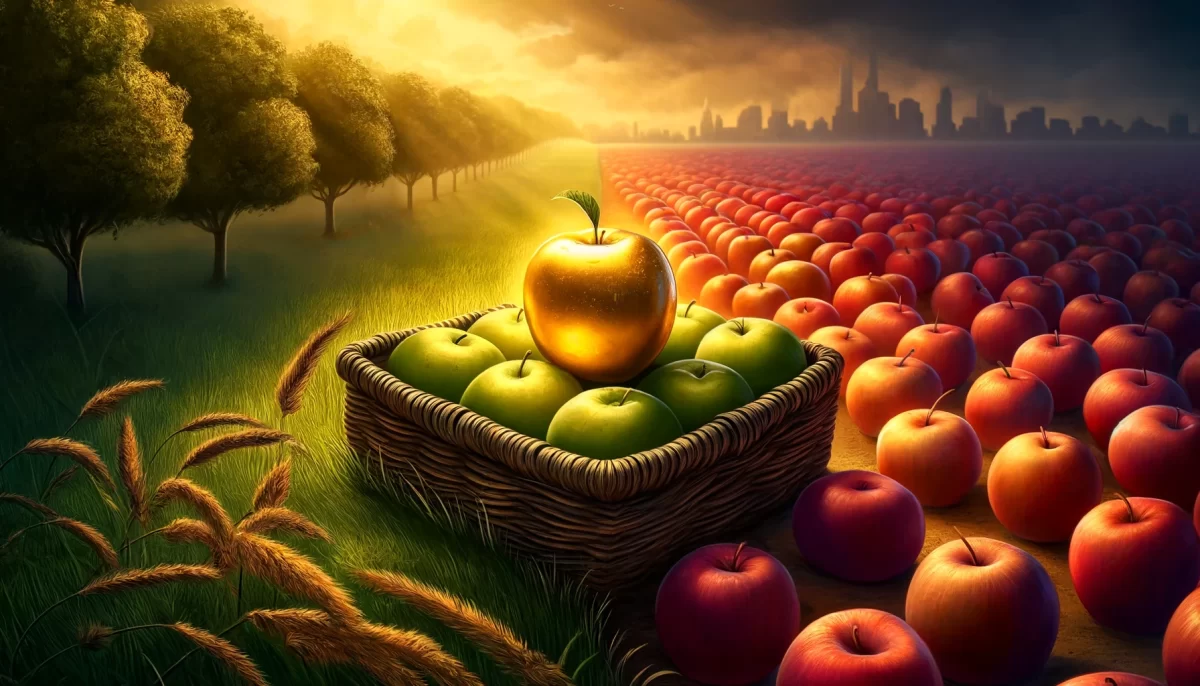
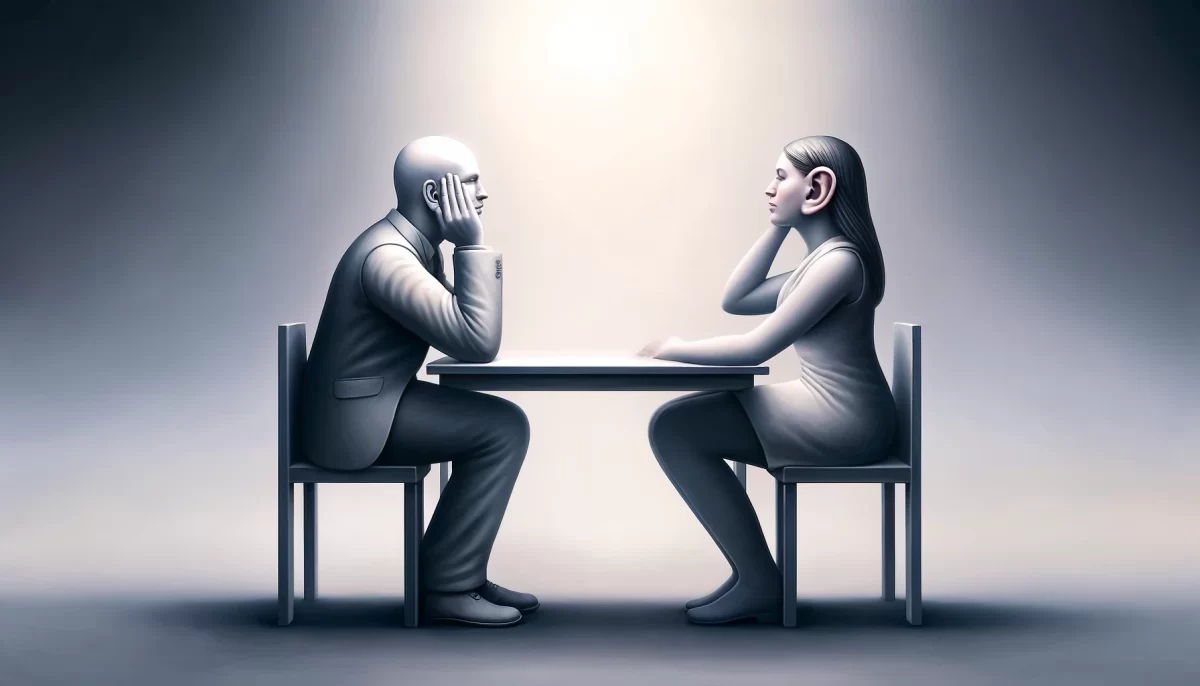



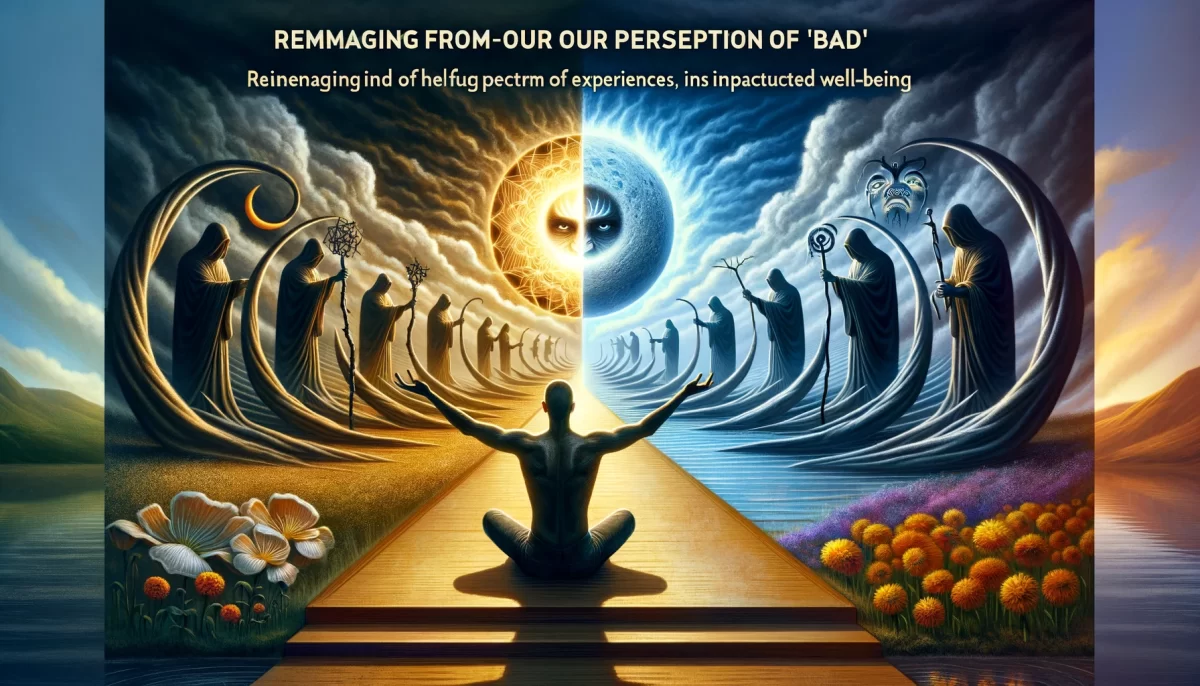

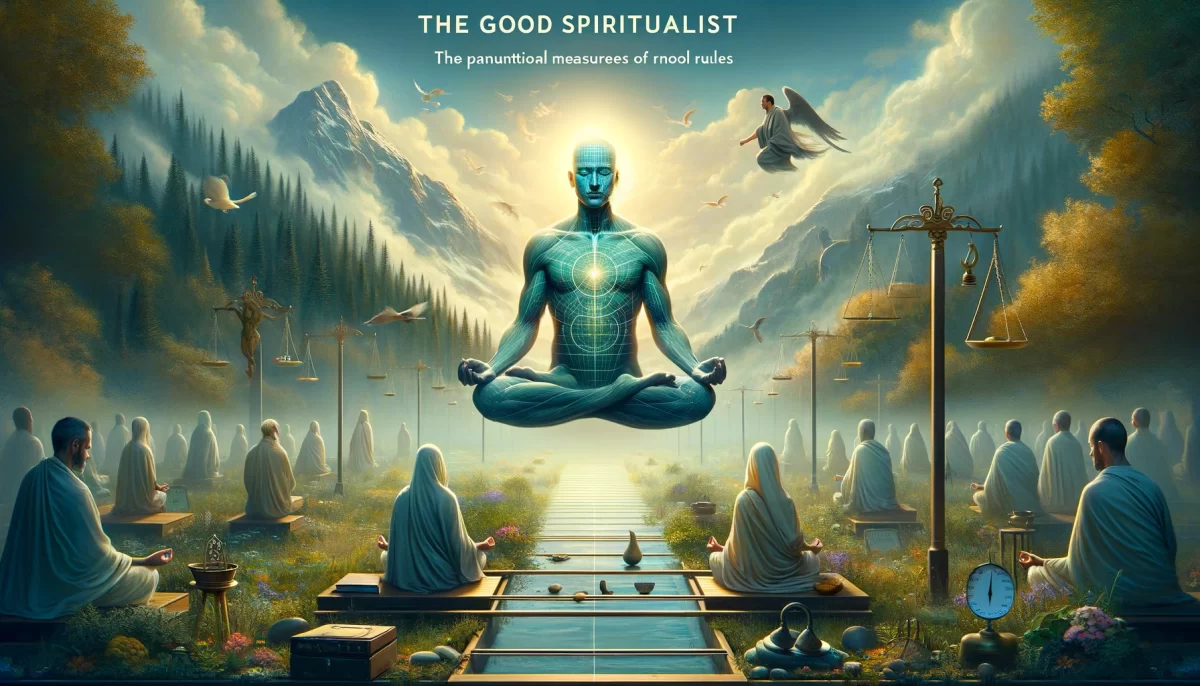
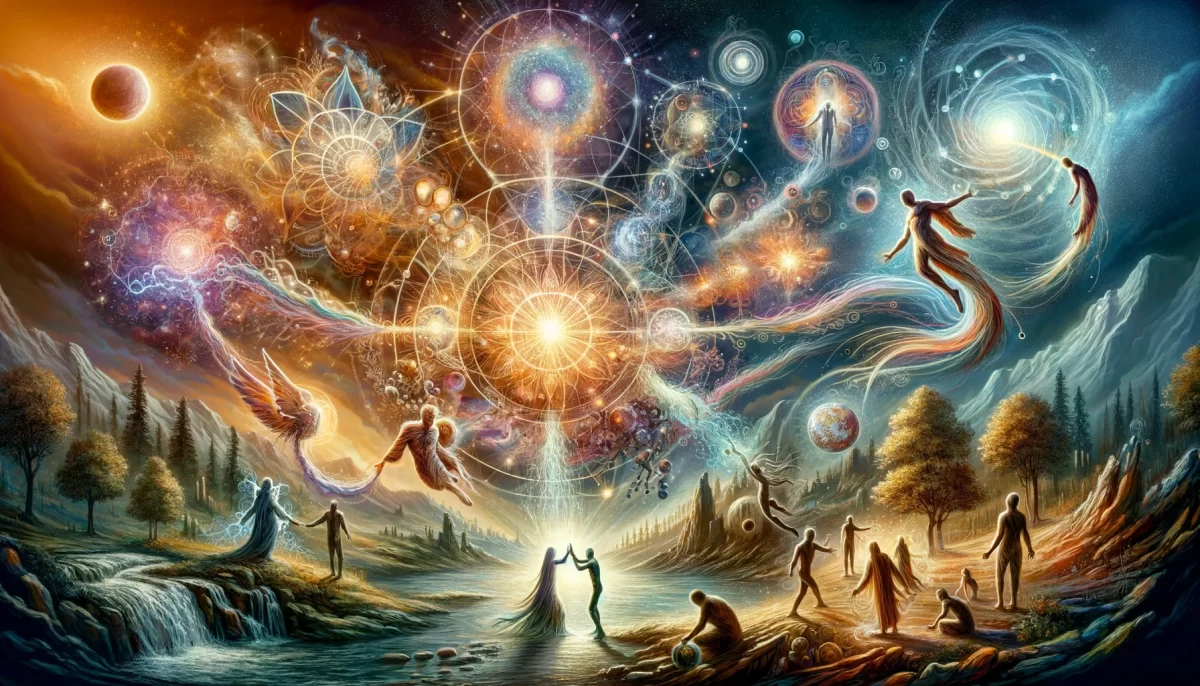


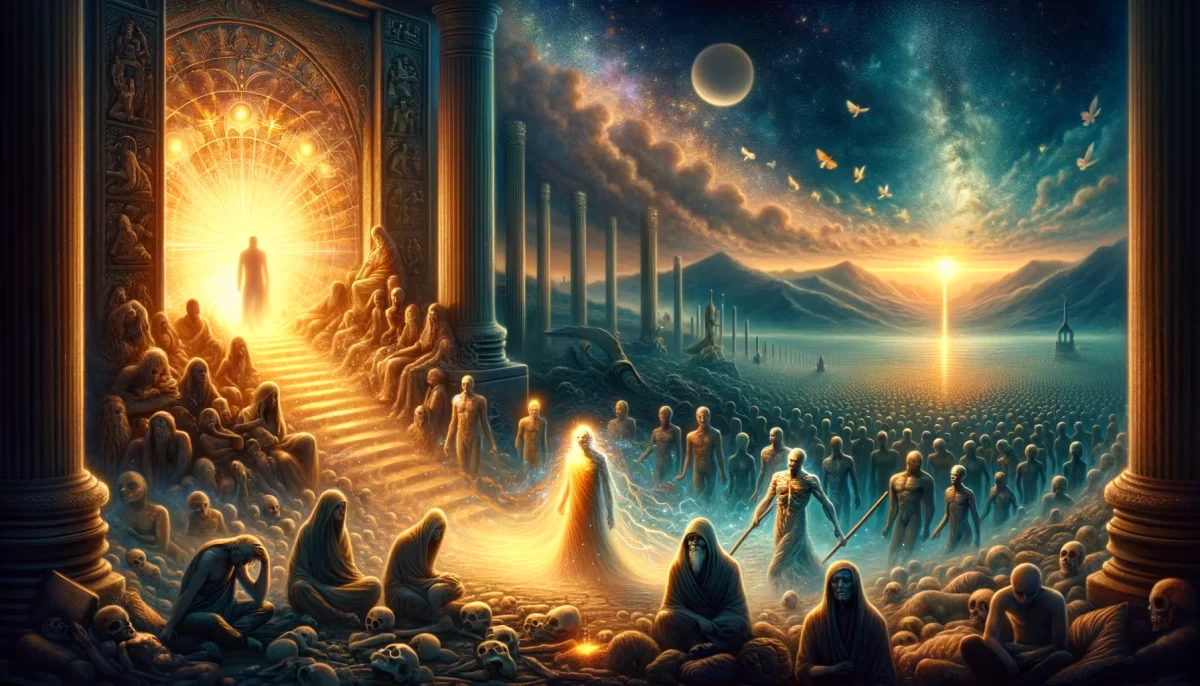



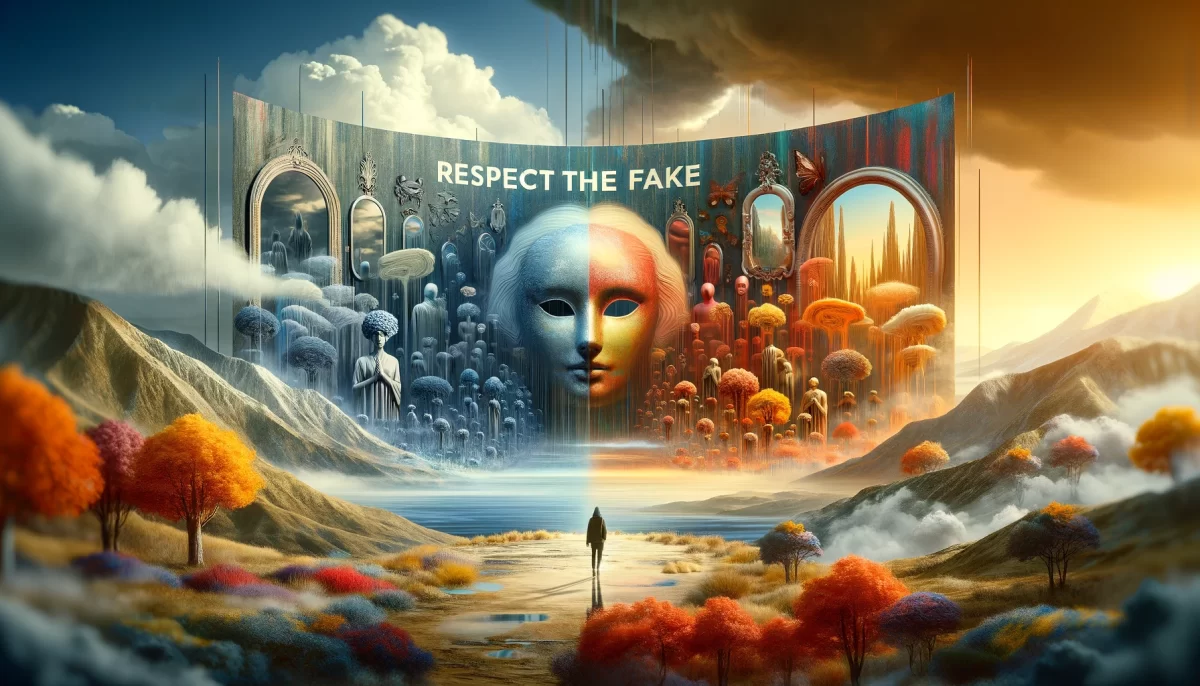
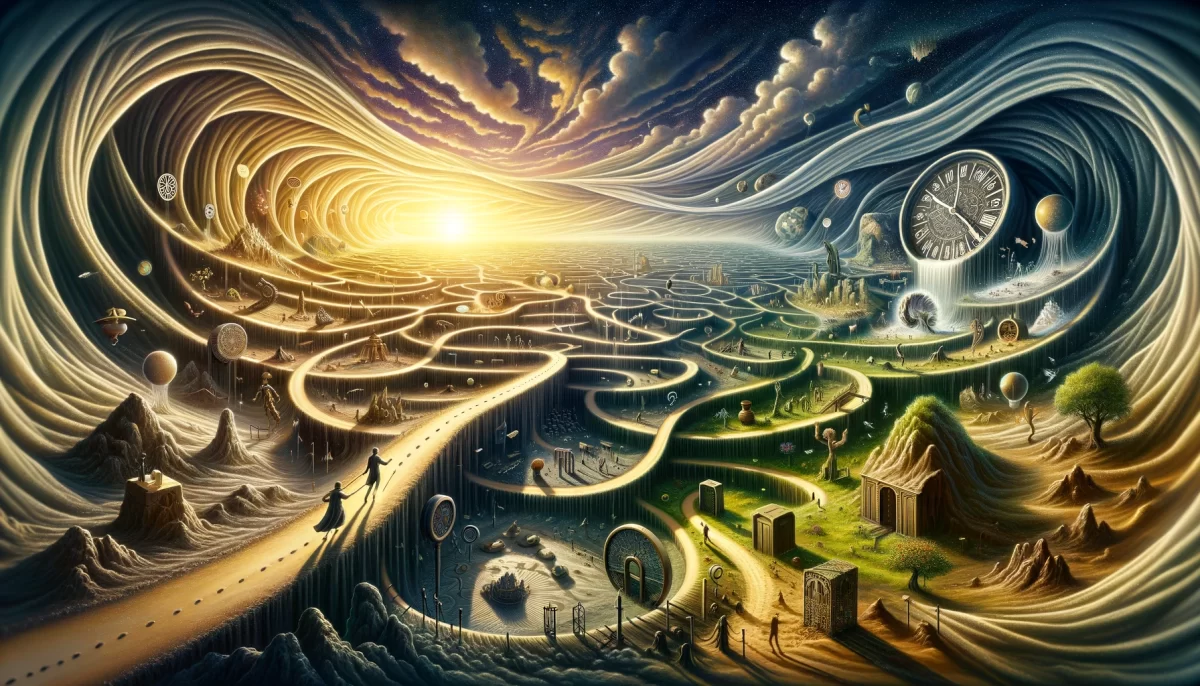



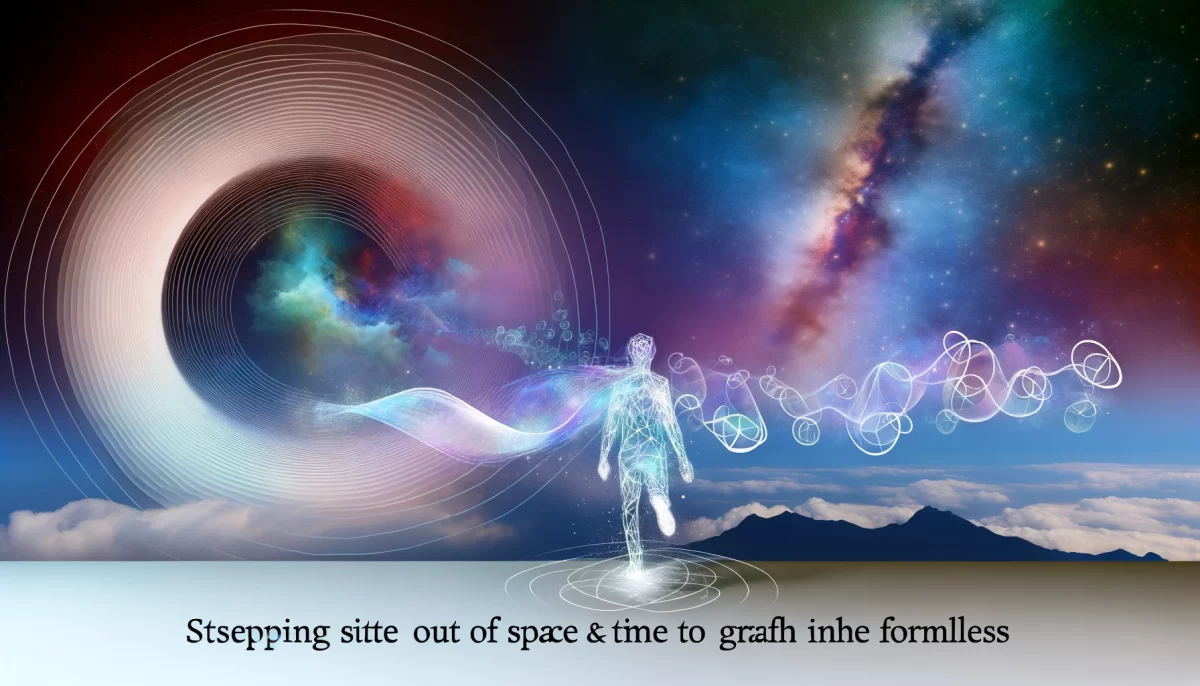
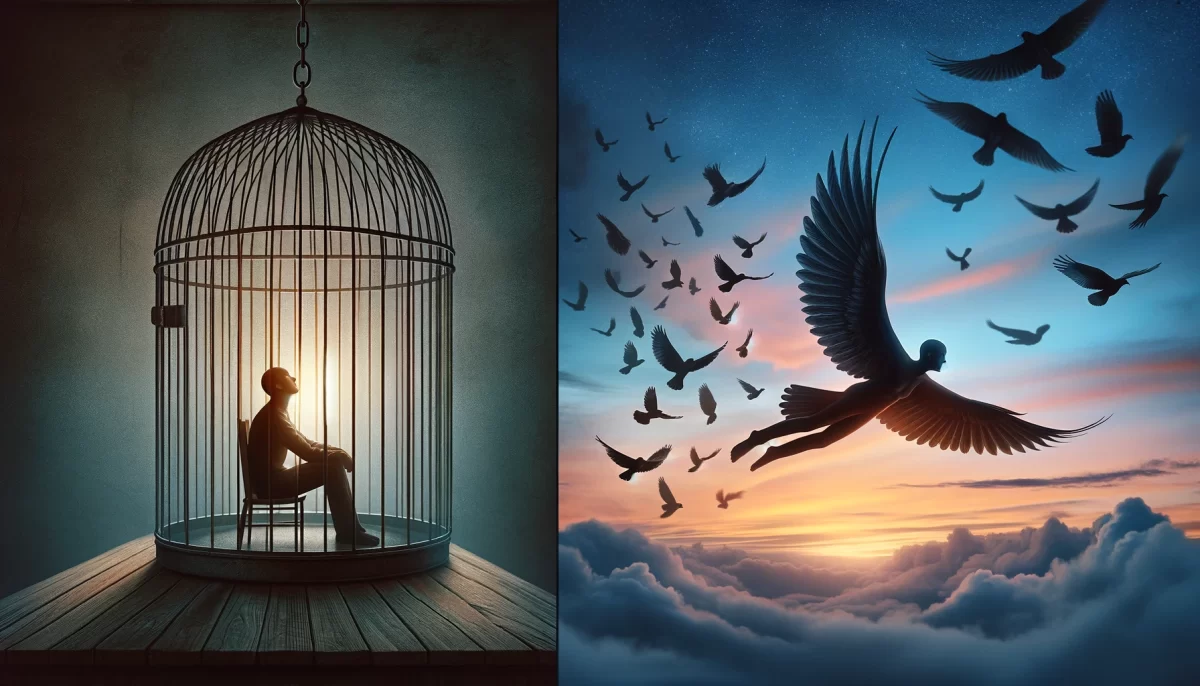
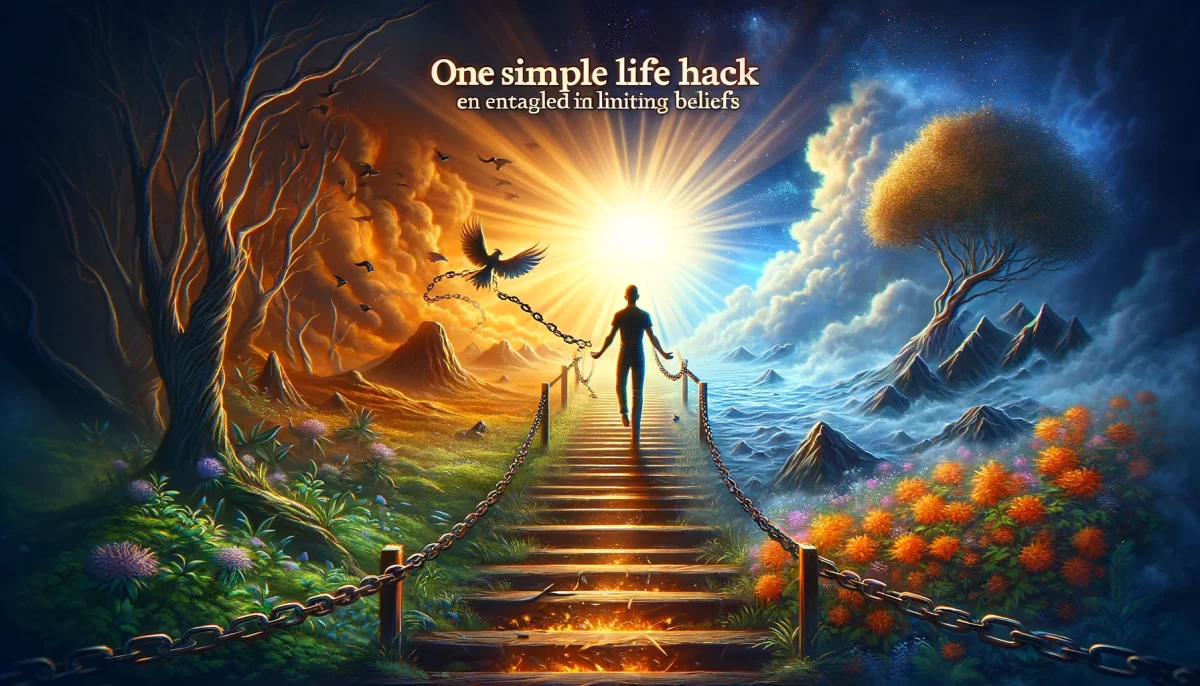
This passage explores the idea of trust and why it can be difficult for us to trust others. It suggests that while we all want to trust first, we often lack the faith necessary to do so. The passage goes on to suggest that our lack of trust in others may be rooted in a belief that not everyone is trustworthy, and that those who are trustworthy will be taken advantage of by those who are not. As a result, none of us trust unconditionally, and we become less trustworthy as a result.
The passage raises questions about the nature of trust and whether or not it is possible for everyone to be trustworthy at the same time. It suggests that perhaps the actions of a few bad actors can spoil the trustworthiness of an entire group, or that the group as a whole may gradually become less trustworthy over time.
Overall, the passage seems to suggest that trust is a complex and nuanced concept that is influenced by our beliefs, attitudes, and experiences. It challenges us to think critically about our own trustworthiness and the ways in which we interact with others, and to consider the role that faith and unconditional trust may play in cultivating greater trust and connection with those around us.